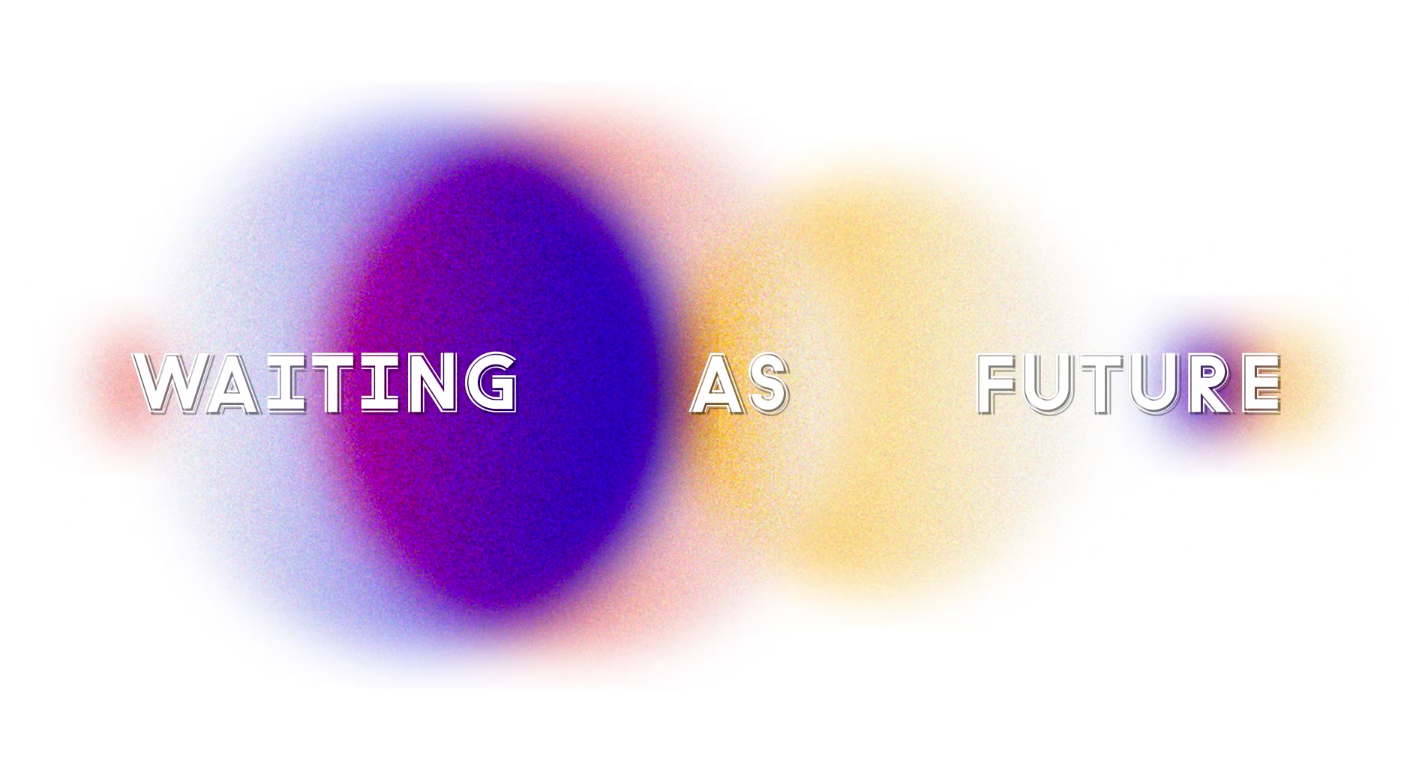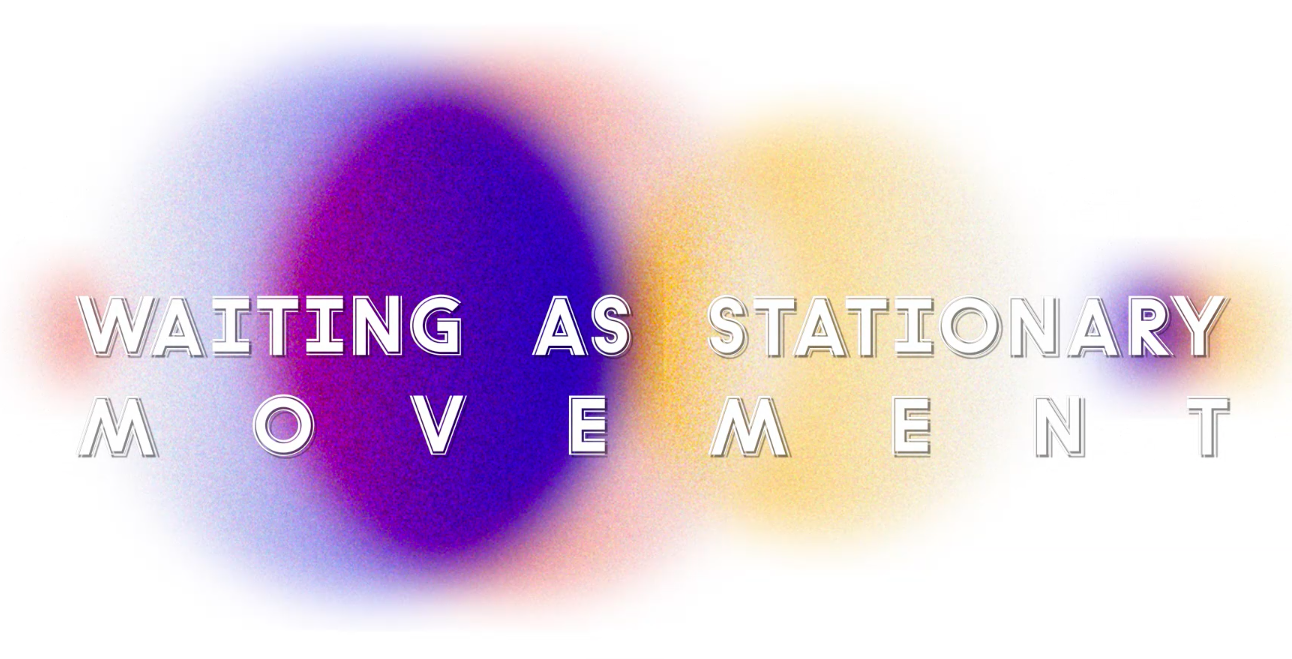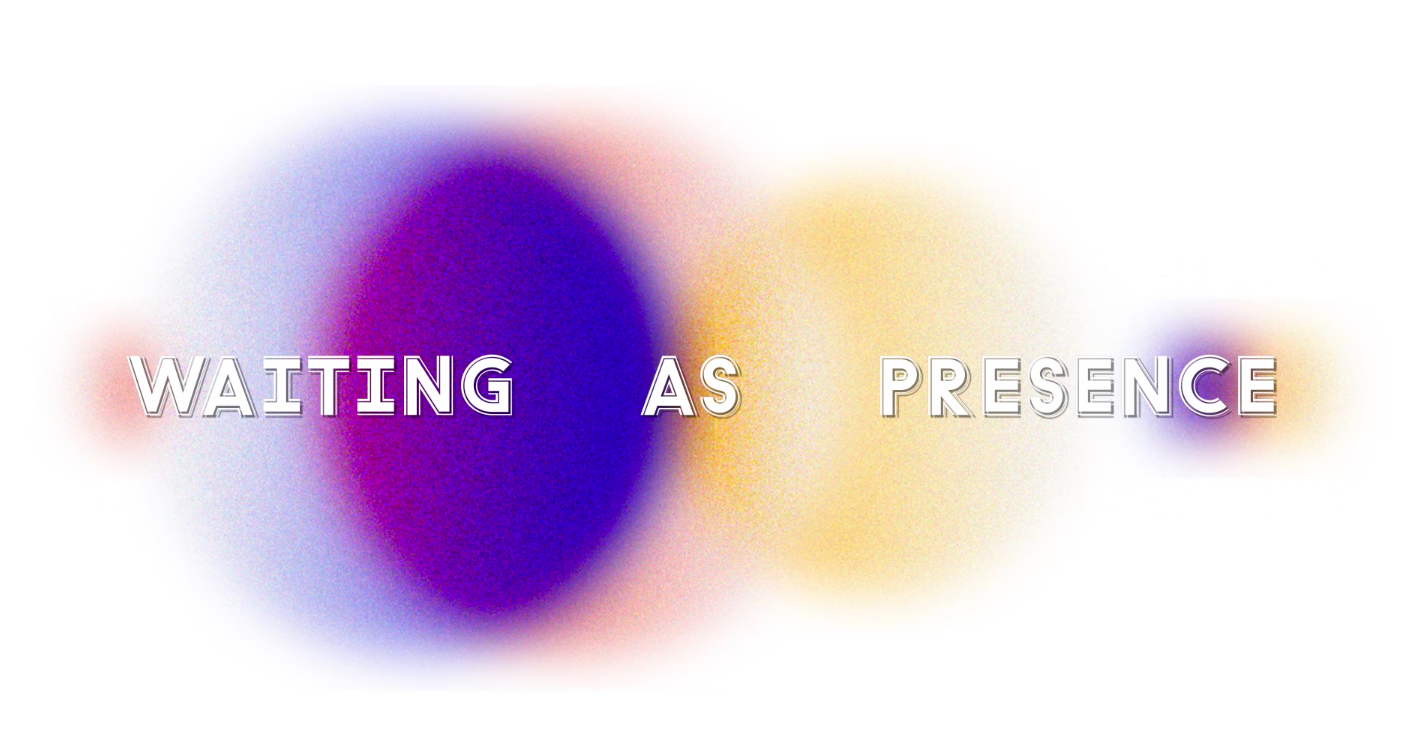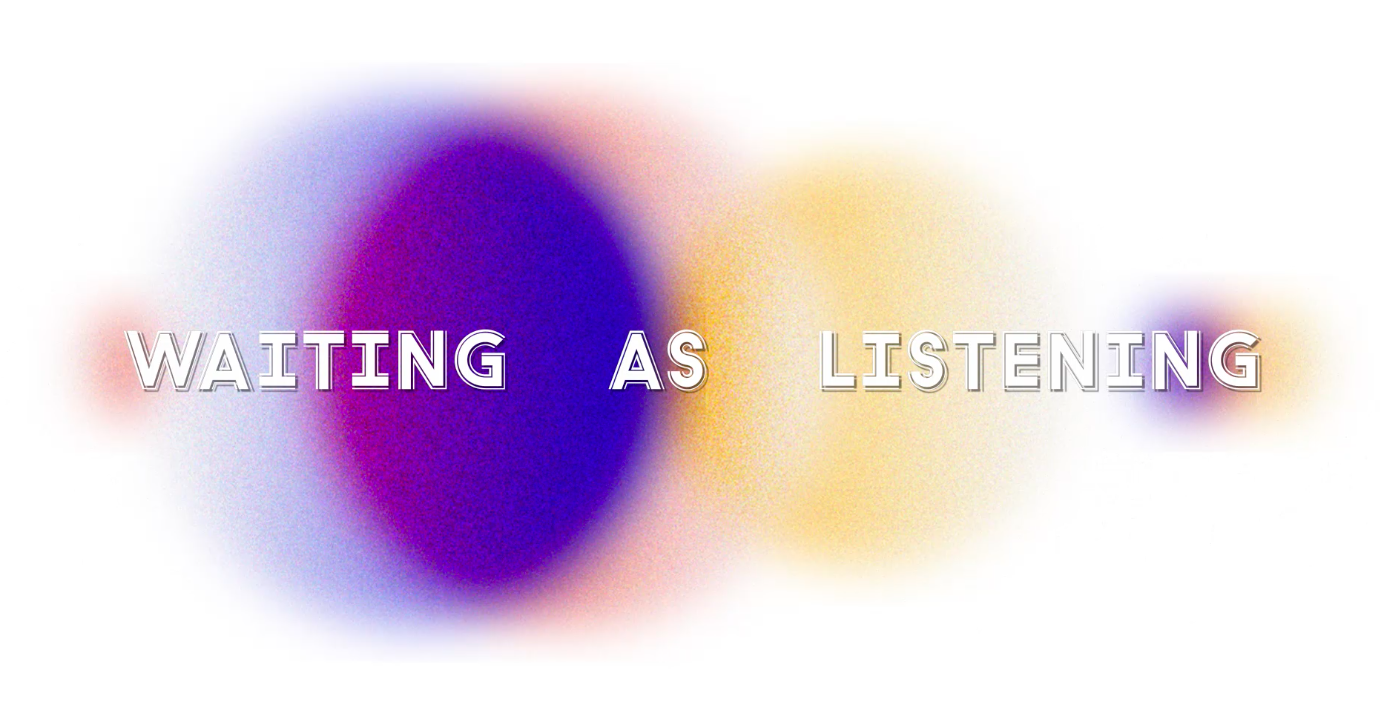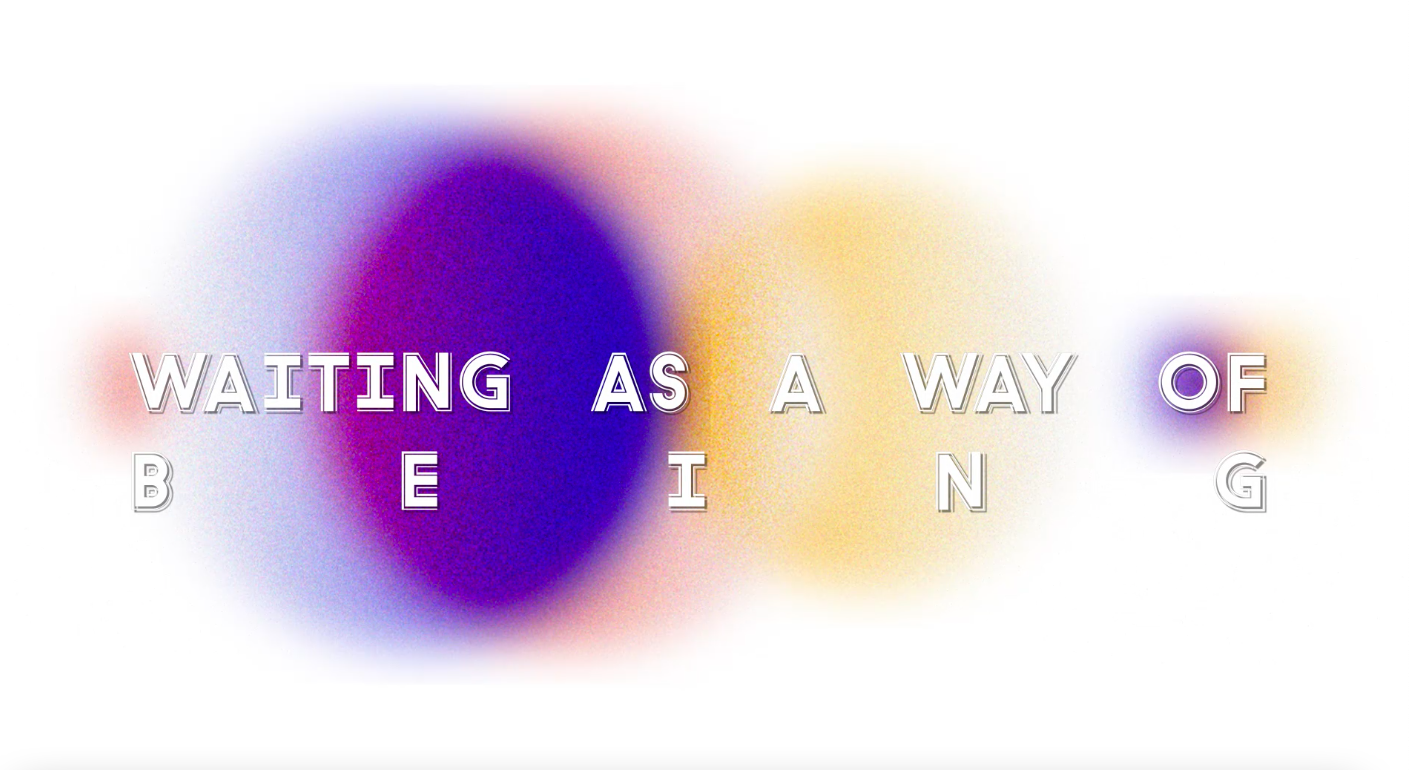HOW WILL YOU ASCERTAIN TIME?
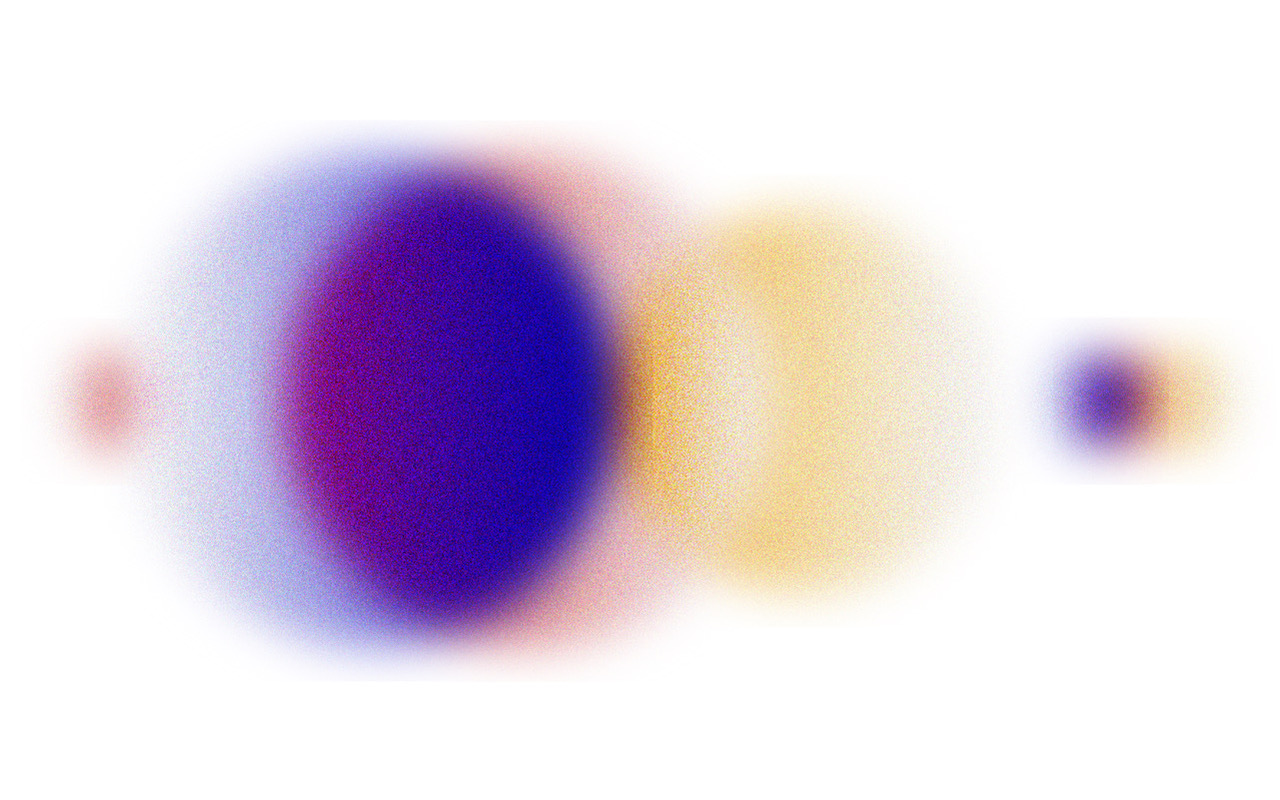
collaborative artistic research project
EXHIBITION
OPENING 29.04.2022 19:00
With a performance by Dakota Guo at 20:00
ON SHOW 30.04.–27.05.2022 Thursday–Sunday 14:00–19:00
With Lamia Abukhadra, Maria Thereza Alves, Tewa Barnosa, Ariel Bustamante, Rehema Chachage, Lamin Fofana, Dakota Guo, Euridice Zaituna Kala, Zahra Malkani, Nida Mehboob, Mehregan Meysami, Naeem Mohaiemen, Lemohang Jeremiah Mosese, Igor Vidor
INVOCATIONS 28.–29.05.2022
WITH ㅤMaría do Mar Castro Varela, Nicole Fleetwood, Angélica Freitas, Manuela García Aldana, Jamila and the Other Heroes, Jasmine Guffond and Stephen Boakye, Sarah Imani, Shahram Khosravi, Daniel Mader, Momtaza Mehri, Tumi Mogorosi and Gabisile Motuba, Adania Shibli
PAUSITIONS July, August, October and December 2022
02.07.–03.07.2022 HERE, NOW, THEN, THERE
Workshop with Lee Ingleton and Syma Tariq
SAVVY Contemporary is a ground floor wheelchair accessible space. For further assistance please send us an email (communications@savvy-contemporary.com),
SAVVY TOURS IN SAVVY TONGUES
12.05.2022 16:00 In Hungarian With Lili Somogyi
13.05.2022 16:00 In English With Lili Somogyi
14.05.2022 Cancelled
15.05.2022 Cancelled
19.05.2022 17:00 In Polish With Hubert Gromny
20.05.2022 17:00 In English With Hubert Gromny
22.05.2022 17:00 In English With Hajra Haider Karrar
26.05.2022 18:00 In English With Hajra Haider Karrar
26.05.2022 18:00 In Turkish With Onur Çimen
HOW WILL YOU ASCERTAIN TIME? reflects on the ongoing discourse on waiting by taking Shahram Khosravi's work as a point of departure and by setting the foundations of this project on the reading of time through the lens of waiting. “Waiting” here is understood as a non-linear experience of time where the realm itself has no beginning or an end. It is a condition that lies on the periphery of capital and colonial time, imposed and protracted as a mechanism to exercise authority, where time is a construct and value established by the empire meant to be followed by its subjects. Hence, waiting becomes a political condition that deeply impacts psychologically and is felt emotionally and physically by those who become inevitable victims of this realm, and like other political conditions is experienced differently by each body, relative privilege of class and race, and geography.
Khosravi’s discourse is mainly embedded in the context of power, where the waited for holds power over the ones forced to wait, where time is capital and wasted time is valuable loss that is quantified financially and is entangled with limited access, privilege, and opportunity. To deliberate on this entrapment of capital and colonial time, the project considers different stages of waiting and the power dynamics that govern and shift at each stage: the anticipation and expectation of the condition of waiting that is often related to a becoming-realization of a dream; entering the realm and experiencing the process laced with hope and aspiration; awareness of the endless and interconnected loops of waiting, together with the realization of stolen time; and lastly the negotiation, absorption, and negation-unwaiting, surrender or a complete subversion of the power dynamics.
Building on these understandings, this research aims to venture into the multiple and affective modes of waiting, expanding on the different stages of the condition and the altering perspectives of witnessing and experiencing time. It is a reminder of the non-punctual and uncontainable nature of time drawing attention to recorded and archived history which is but just a fragment, a uni dimensional reading of it mainly exploring narratives of power. This research project aims to acknowledge, reflect, address, engage, and share the experience and negotiation of time and space in the realm of waiting, and a recognition of the political and social infrastructures that are complicit in its existence and in prolonging it. It is an attempt to expand the narrative to its multidimensional experience and understanding where waiting or suspended time denotes a process of transition, reconfiguration, regeneration, and reimagination, where histories, languages, entities and spiritualities, dimensions and temporalities coalesce.
Waiting as farewell
Waiting as carrying within
Waiting as patience
Waiting as confinement
Waiting as emancipation
Waiting as anticipation
Waiting as boredom
Waiting as violence
Waiting as departure
Waiting as anxiety
Waiting as arrival
Waiting as gaining time
Waiting as outside
Waiting as stationary movement
Waiting as moving forward without moving forward
Waiting as letting go
Waiting as power
Waiting as a parallel existence
Waiting as historicity
Waiting as future
Waiting as present
Waiting as presence
Waiting as a reason to live
Waiting as near fulfillment
Waiting as stillness
Waiting as awareness
Waiting as illness
Waiting as collective becoming
Waiting as listening
Waiting as translation
Waiting as aspiration
Waiting as temporal plane
Waiting as relationship
Waiting as near fulfillment
Waiting as distance to and from
Waiting as a way of being
The project draws connections to SAVVY's project What The Tortoise Murmurs To Achilles On Laziness, Economy of Time, and Productivity from 2016 on decolonizing the capitalist nature of time by referring and learning from indigenous cultures where the notion of time is intangible, referential, and reflexive. This reflection on the politics of time continues with the proposed project that attempts to unravel the non-normative set of existing temporalities over the span of a year. Starting from January 2022 to December 2022, it is structured to build momentum throughout this period by starting with an exhibition as a point of departure that paves the path for each one of the chapters through research, interaction, and outreach activities with the publics in waiting – including the stateless denizens, cultural practitioners, third-generation immigrants, infrastructural decision-makers, lawyers, artists, activists, and scholars into creating a space that understands and aligns to the pace of peripheral time, culminating into an inclusive space articulated as pausitions – four moments of pausing and pondering together in the form of bimonthly workshops and performative articulations – that can accommodate the voices and stories that constitute collective and parallel experiences and existence.
Team
Concept & CURATIOn Hajra Haider Karrar
ARTISTIC DIRECTION Bonaventure Soh Bejeng Ndikung, Elena Agudio
Co-Curation Sagal Farah
CURATORIAL ASSISTANCE Lili Somogyi, Antonio Pedro Mendes
MANAGEMENT Onur Çimen, Lia Milanesio, Lema Sikod
PRODUCTION Rafał Łazar, Santiago Doljanin, António Pedro Mendes, Nancy Naser Al Deen , Onur Çimen, Waylon D'Mello, Lili Somogyi, Hubert Gromny
SOUND DESIGN Rey KM Domurat
LIGHT DESIGN Emilio Cordero
TECH Bert Günther
COMMUNICATIONS Anna Jäger
Graphic DESIGN Juan Pablo García Sossa
Handout Nancy Naser Al Deen
INTERNSHIP Hubert Gromny
Funding The project is funded by Hauptstadtkulturfonds.

